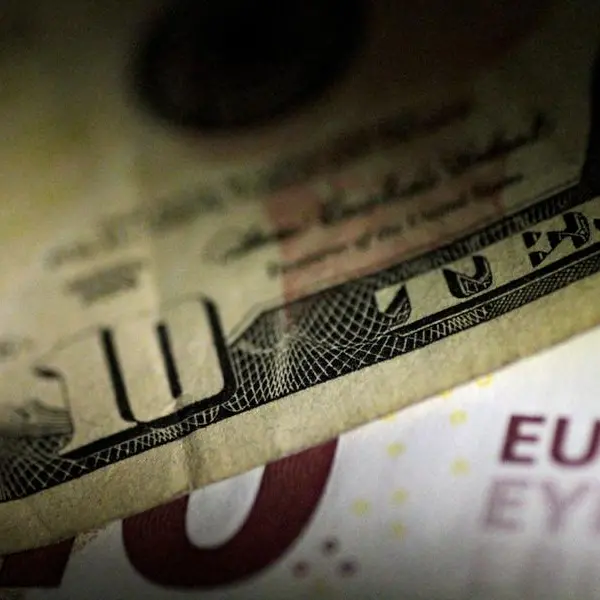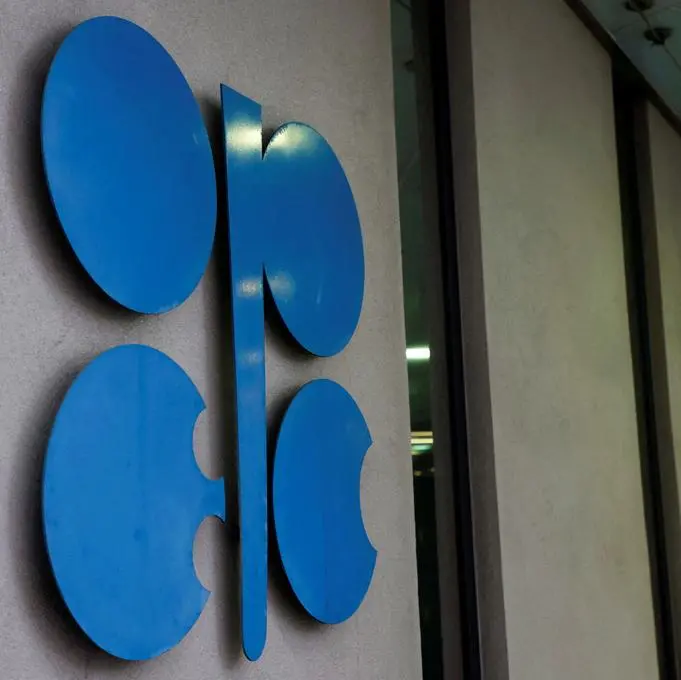* European shares up, Credit Suisse climbs after earnings
* Japan reiterates readiness to weaken yen
* Greek market rises on prospect of debt relief
By Sudip Kar-Gupta
LONDON, May 10 (Reuters) - World stock markets rose on Tuesday, helped by solid corporate earnings in Europe, progress on Greek debt talks, and a new pledge by Japan that it was prepared to weaken its currency.
The MSCI All-Country World index climbed 0.4 percent, the pan-European FTSEurofirst 300 index advanced 1.3 percent, while the MSCI Emerging Market index also edged higher.
U.S. equity index futures rose around 0.5 percent and oil prices also climbed, driven by supply disruptions in Canada and elsewhere.
European stock markets built on positive momentum from earlier on in Japan, where the Nikkei rose 2.2 percent after Japan's Finance Minister Taro Aso reiterated his resolve to intervene in the currency market if the yen's gains last long enough to hurt Japan's fragile economic recovery.
Aso's comments sent the yen to its lowest level in almost two weeks against the dollar, and reinforced the backdrop of central banks around the world looking for ways to boost the global economy.
Hampstead Capital hedge fund manager Lex Van Dam said record low interest rates from the European Central Bank meant equities still offered more attractive returns than cash or bonds, while Clairinvest fund manager Ion-Marc Valahu added that he had bought up European equity positions over the last week.
"Rates are not going anywhere, so buying any dips on the stock market might still be the best strategy," said Van Dam.
European equities were also helped by some decent corporate results.
Shares in Credit Suisse rose after the Swiss bank reported a smaller-than-expected first quarter loss, while jewellery maker Pandora surged after posting higher profits and raising its financial outlook.
Greek shares hit their highest level in 2016 after euro zone finance ministers offered to grant Greece some debt relief, with the move causing Greek 10-year bond yields to fall below 8 percent for the first time in more than six months.
The offer appears to be a compromise between Germany, which does not believe Greece needs additional debt relief, and the International Monetary Fund, which insists it is necessary, and will be fleshed out by deputy finance ministers by May 24.
"At the very least it appears the gap between the IMF and the Germans appears to be narrowing and that has been very well received by investors," said Nick Stamenkovic, bond strategist at RIA Capital Markets.
(Additional reporting by Anirban Nag and John Geddie in London, and Saikat Chatterjee in Hong Kong; Editing by Robin Pomeroy) ((sudip.kargupta@thomsonreuters.com; +44 207 542 9795; Reuters Messaging: sudip.kargupta.thomsonreuters.com@reuters.net))
* Japan reiterates readiness to weaken yen
* Greek market rises on prospect of debt relief
By Sudip Kar-Gupta
LONDON, May 10 (Reuters) - World stock markets rose on Tuesday, helped by solid corporate earnings in Europe, progress on Greek debt talks, and a new pledge by Japan that it was prepared to weaken its currency.
The MSCI All-Country World index climbed 0.4 percent, the pan-European FTSEurofirst 300 index advanced 1.3 percent, while the MSCI Emerging Market index also edged higher.
U.S. equity index futures rose around 0.5 percent and oil prices also climbed, driven by supply disruptions in Canada and elsewhere.
European stock markets built on positive momentum from earlier on in Japan, where the Nikkei rose 2.2 percent after Japan's Finance Minister Taro Aso reiterated his resolve to intervene in the currency market if the yen's gains last long enough to hurt Japan's fragile economic recovery.
Aso's comments sent the yen to its lowest level in almost two weeks against the dollar, and reinforced the backdrop of central banks around the world looking for ways to boost the global economy.
Hampstead Capital hedge fund manager Lex Van Dam said record low interest rates from the European Central Bank meant equities still offered more attractive returns than cash or bonds, while Clairinvest fund manager Ion-Marc Valahu added that he had bought up European equity positions over the last week.
"Rates are not going anywhere, so buying any dips on the stock market might still be the best strategy," said Van Dam.
European equities were also helped by some decent corporate results.
Shares in Credit Suisse rose after the Swiss bank reported a smaller-than-expected first quarter loss, while jewellery maker Pandora surged after posting higher profits and raising its financial outlook.
Greek shares hit their highest level in 2016 after euro zone finance ministers offered to grant Greece some debt relief, with the move causing Greek 10-year bond yields to fall below 8 percent for the first time in more than six months.
The offer appears to be a compromise between Germany, which does not believe Greece needs additional debt relief, and the International Monetary Fund, which insists it is necessary, and will be fleshed out by deputy finance ministers by May 24.
"At the very least it appears the gap between the IMF and the Germans appears to be narrowing and that has been very well received by investors," said Nick Stamenkovic, bond strategist at RIA Capital Markets.
(Additional reporting by Anirban Nag and John Geddie in London, and Saikat Chatterjee in Hong Kong; Editing by Robin Pomeroy) ((sudip.kargupta@thomsonreuters.com; +44 207 542 9795; Reuters Messaging: sudip.kargupta.thomsonreuters.com@reuters.net))




















